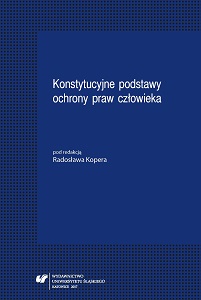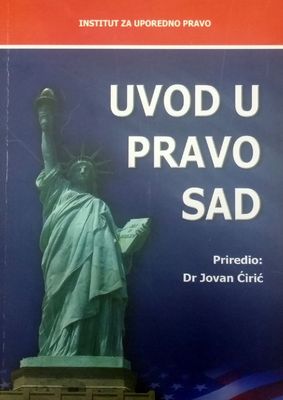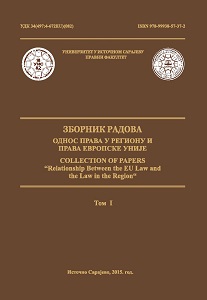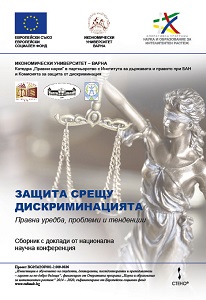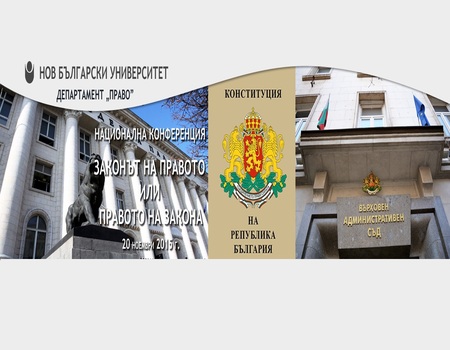Author(s): Jelena Ćeranić Perišić / Language(s): Serbian
Publication Year: 0
The paper deals with sources of American law. American law originally consisted mainly of case law. However, since the end of the nineteenth century statutory law has increasingly gained into importance.
The American legal system today is neither a pure case law system nor consists exclusively of statutes or codifications; rather, it appears as a mixed system and therefore does not differ materially from the Continental European development to a mixed system through increasing significance of case law, although its main emphasis remains on interpretation and development of the law through judicial decisions.
After introductory notes with regard to the American legal history development, the author analyses the influence of English law on American law. During the colonial period English law was in force as well as, statutory law and case law. The revolution resulted in reaction against the application of English law. The legislation of some of the states prohibited the citation of English decisions which had been rendered after Independence. The written constitutions adopted in several States were very different. Louisiana continued to follow its French law tradition, adopted codifications modeled after the French example and adheres to this tradition into modern times. In Western and Southwestern States there is still today a remarkable influence of originally Spanish and French legal concept, for instance, in the area of family property law.
Approximately at the time of the American Civil War, the English and American legal system began to grow apart. Despite this natural development toward the elaboration own ways and solutions, English and American law constitute a legal family with a closer relation to each other, especially in the area of private law, than is the case of the legal systems of continental Europe.
The subject of a first part of the paper is the case law system. The American legal system is methodologically mainly case law system. Most fields of private law still consist primarily of case law and the statutory law continues to be subject to binding interpretation through case law. The author analyses the case law method, the technique of working with case law and the role of Court in making law.
The second part of the article is dedicated to the statutory law. Statutory law exists at the federal as well as at the State level. The author especially analyses the legislative procedures at both levels. At the federal level the „Legislative power is vested in“ is Congress (consisting of Senate and House of representatives). The electorate of the several States elects the members of Congress in a direct election, Senators (minimum age of 30) for a term of office of 6 years, members of the House of Representatives (minimum age of 25) for term of 2 years. Reelection is permissible for both offices without limitation. Senators (two from each State) represent the entire electorate of the particular State and are elected in a general election. Members of the House of Representatives represent districts within a particular State, whereby, according to federal constitutional case law, election district must be numerically equivalent in order to realize and assure the constitutional principle of „one man-one vote“. At the State level, the governmental structure of the several States reflects, in the main, that of the Federation. In the majority of the States the legislatures consist of two chambers. Only the State of Nebraska maintains unicameral legislature.
The subject of the third part of the article is sources of the secondary authority such as legal texts, commentaries, and articles in legal journals. They are usually designed more to provide information and criticism concerning new legal developments rather than to influence them.
More...
